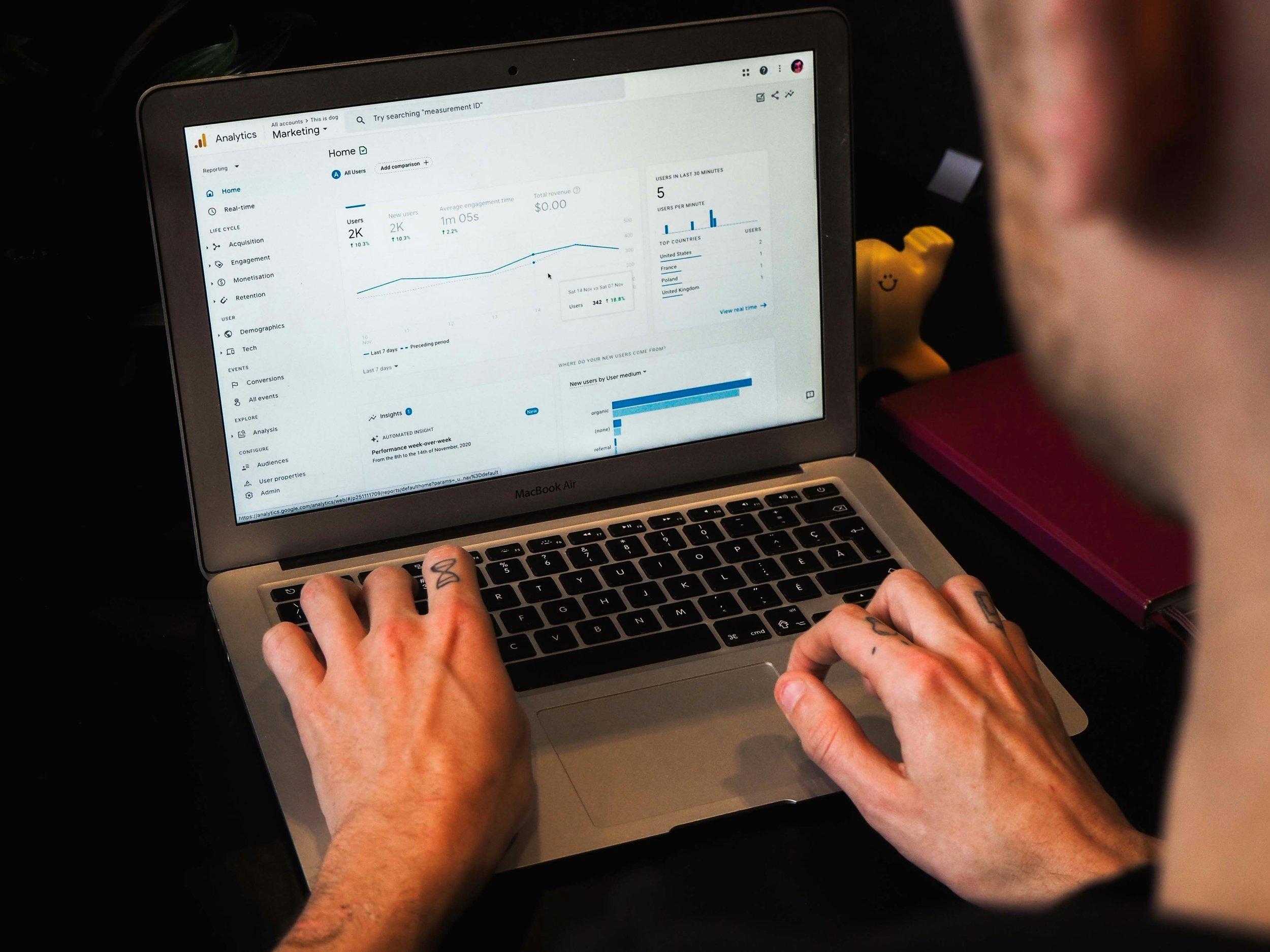Mastering the Basics of Google Analytics 4: A Comprehensive Guide
Google Analytics 4 (GA4) has ushered in a new era of data measurement and analysis, empowering businesses to gain deeper insights into user behavior and drive better decision-making. If you're new to GA4 or looking to solidify your understanding, this guide will cover the fundamentals to help you get started.
What is Google Analytics 4?
GA4 is the latest version of Google Analytics, designed to provide a unified measurement solution for both websites and apps. Unlike its predecessor, Universal Analytics, GA4 adopts an event-based model, offering greater flexibility and accuracy in tracking user interactions.
Key Features of GA4
Event-based Tracking: GA4 focuses on user actions (events) rather than sessions, providing a more granular view of user behavior.
Cross-Platform Measurement: Track user journeys across websites and apps, gaining a holistic understanding of customer engagement.
Enhanced Privacy Controls: GA4 incorporates privacy-focused features like data retention controls and cookieless measurement.
Machine Learning Insights: Leverage AI-powered insights to uncover patterns and predict user behavior.
Improved User Interface: GA4 boasts a more intuitive interface, making it easier to navigate and analyze data.
Getting Started with GA4
Create a GA4 Property: If you haven't already, set up a GA4 property in your Google Analytics account.
Implement Tracking Code: Add the GA4 measurement code to your website or app to start collecting data.
Define Events: Identify and configure important events that represent user actions on your site or app.
Explore Default Reports: Familiarize yourself with the standard reports available in GA4, such as User Acquisition, Engagement, Monetization, and Retention.
Create Custom Reports: Build customized reports to analyze specific metrics and dimensions that align with your business goals.
Essential GA4 Concepts
Events: User interactions with your website or app, such as clicks, page views, purchases, or video plays.
Parameters: Additional information about events, like event category, action, label, and value.
Users: Unique individuals who interact with your property.
Sessions: Groups of user interactions within a specific timeframe.
Engagement: The level of interaction users have with your content.
Leveraging GA4 for Your Business
GA4 offers a wealth of data that can be used to optimize your marketing efforts and improve user experience. Here are some key areas to focus on:
User Acquisition: Understand where your traffic is coming from, including organic search, social media, paid advertising, and referrals.
User Engagement: Analyze user behavior on your website or app, such as time on page, bounce rate, and conversion rates.
Monetization: Track revenue and other key performance indicators related to your business goals.
Retention: Measure user loyalty and identify opportunities to increase repeat visits.
GA4 Consulting, Optimization, and Training
To maximize the value of GA4, consider partnering with a Google Analytics consultant that can help you implement best practices, optimize your setup, and extract actionable insights from your data. GA4 consulting can provide expert guidance on data collection, analysis, and reporting.
GA4 optimization focuses on fine-tuning your GA4 implementation to improve data accuracy, efficiency, and the overall value of your analytics. By working with a GA4 optimization specialist, you can identify areas for improvement and unlock the full potential of your data.
Investing in google analytics training is essential for building in-house expertise. Training programs can help your team develop the skills needed to effectively use GA4, analyze data, and make data-driven decisions.
By mastering the basics of GA4 and seeking expert guidance when needed, you can gain a competitive advantage through data-driven insights and optimization.
Would you like to dive deeper into a specific aspect of GA4, such as event tracking, audience building, or data analysis?

